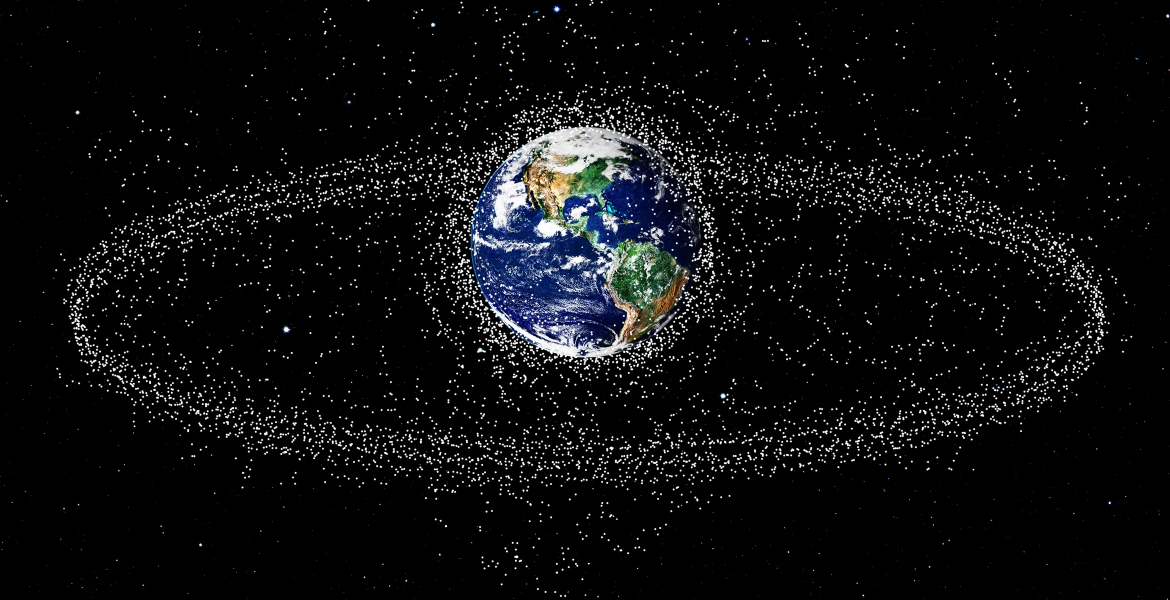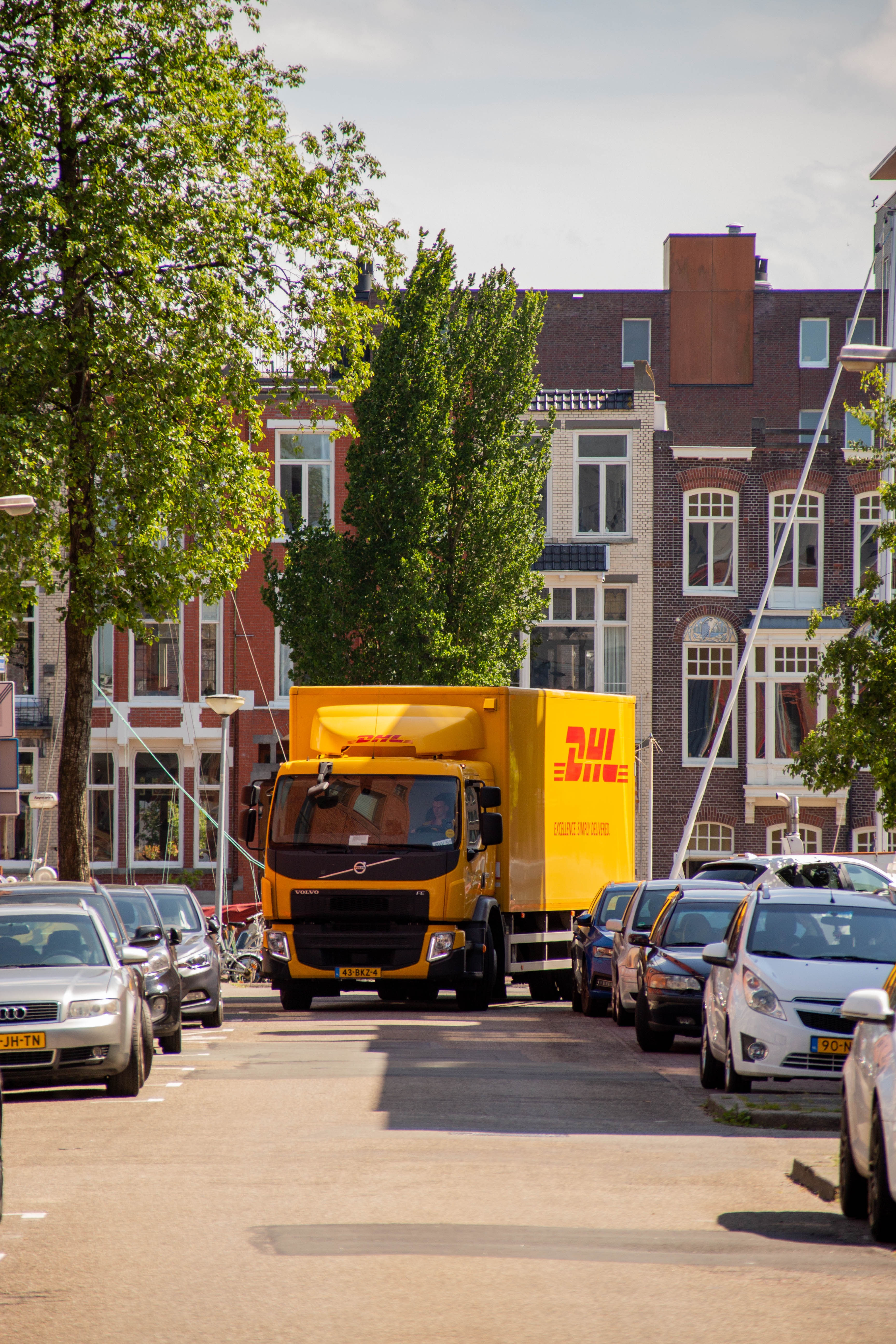The world’s leading satellite launch company has called for new rules to combat dangers posed by an “ever congested” space.”
The Ariane Group says a “rules book” is needed to tackle the issue to stop space becoming “dangerously congested.”
It is estimated that the average individual uses 47 satellites every day and that, by 2025, the number of satellites in space will increase five fold.
The effectiveness and safety satellites is being compromised by the huge amount of debris also flying around in space, says Ariane.
The company wants to see new rules introduced to help control “space traffic” and stop the number of collisions from increasing yet further.
At a recent briefing, an Ariane spokesman said, “we have such rules for road and air safety so why not for space?”
There are over 1,500 satellites in space, mostly for civil and military use and 600 were launched last year alone.
The spokesman said, “Space is becoming more and more congested and all the debris flying around is turning space into a bin.
“This greatly increases the risk and likelihood of potentially very damaging collisions. This matters because if an expensive satellite is hit and breaks up it can no longer operate.”
It is estimated a satellite costs from between €100m and €400m. Their use and value has, says Ariane, more important than ever across a range of fields, including for the military as well as for observational, civil and navigation uses.
Meanwhile, the Group, a joint venture of the European aerospace company Airbus and the French group Safran, has generally welcomed the EU’s renewed commitment to space, security and defence.
In a recent speech to MEPs, commission president Ursula von der Leyen said it is “vital” for the European Union to “step up” on intelligence cooperation.
The Ariane spokesman said, “We welcome her comments in her state of the union address but we want to see actions, not just words.”
“Europe is resetting its ambitions for space and that is a good thing.”
In her speech, von der Leyen said, “We need a common assessment of the threats we face and a common approach to dealing with them.”
She also announced that the French presidency of the EU will convene a summit on European defence.
She said the bloc should consider its “own joint situational awareness centre” and waiving VAT when buying defence equipment “produced and produced in Europe” which would help “decrease our dependencies of today”.
The issue of a joint European defence is divisive with some member states, particularly Eastern and Baltic countries, opposing the prospect of the EU’s military autonomy because they argue the overlap would weaken the NATO alliance, an assessment also shared by Washington.
From 2021 to 2027, the EU is poised to funnel almost €8 billion into its new EDF The programme doesn’t entail the establishment of an EU army and is simply focused on supporting cross-border research and development in the field of defence.
On cyber-defence, she called for member states to “bundle” their resources.
“If everything is collected, everything can be hacked,” she said.
“It is time for Europe to step up to the next level.”



